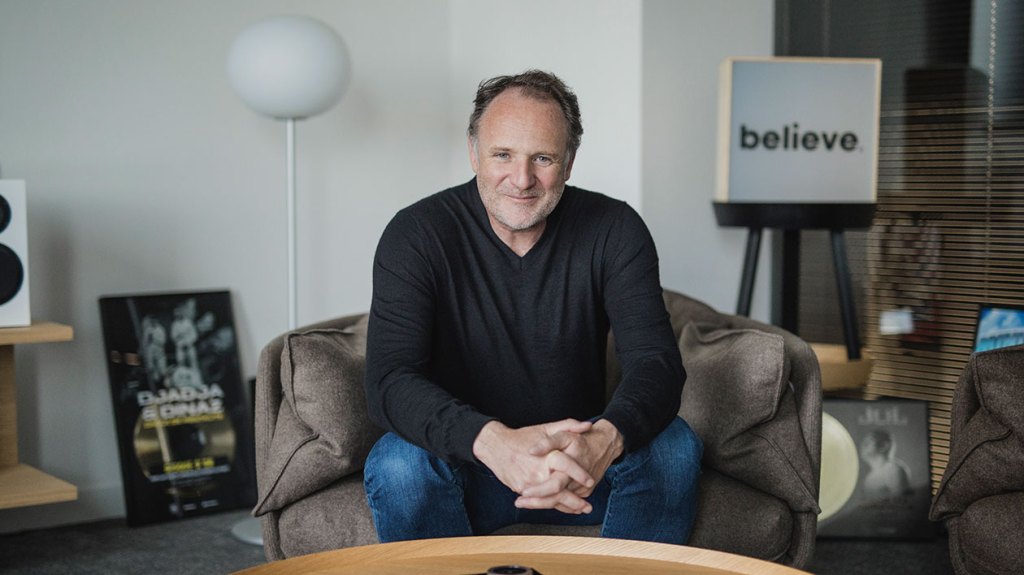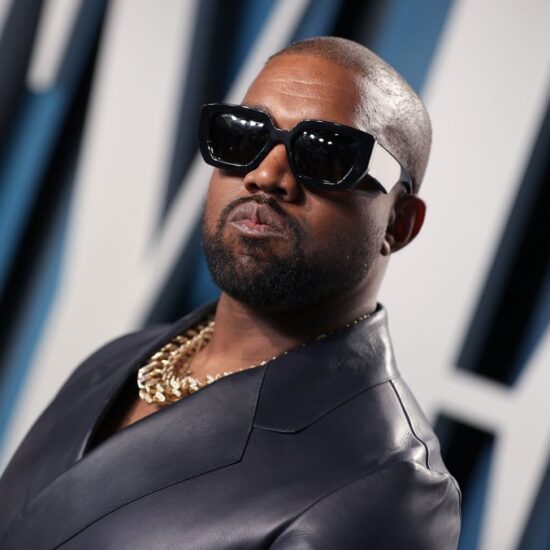
BALI — When Denis Ladegaillerie takes his place on stage for the Music Matters conference in Singapore later this year, the Believe chief executive officer should have some tales to share. Success stories.
Ten years ago, Believe (then Believe Digital) embarked on an Asia Pacific odyssey. The risk is paying off, thanks in no small part to the expanding reach and adoption of streaming services, and the waves of regional acts passing through the pipeline, crossing borders like never before.
Ladegaillerie, the Paris-based music company’s founder, returns to the annual summit this September brimming with confidence for his business’s regional operations, which are now active in 15 APAC territories. Royalties to labels and artists have ballooned to €700 million ($784), Billboard can confirm. The magical €1 billion ($1.12 billion) milestone is on the horizon.
Believe established its APAC presence back in 2013, initially in Indonesia. Playing to the beat of its mantra, “local approach, global vision,” the brand set about building from scratch a network tuned to each local music scene, cognizant of the language, culture and genre specificities that make each market unique.
Believe paid tribute to its APAC origins in May by returning to Bali for a gathering of 130-plus staff, or “Believers” as they’re known within the company, from 11 countries.
Participants included Antoine El Iman; managing director of Southeast Asia and Australia/New Zealand; Dahlia Wijaya, country director, Indonesia; Georgette Tengco, country director, Philippines; Somwalee Limrachtamorn, country director, Thailand; and Mick Tarbuk, country manager, Australia & New Zealand, whose affiliate landed two ARIA No. 1 albums in 12 months, with Cub Sport’s Jesus At The Gay Bar (April 2023) and Northlane’s Obsidian (April 2022).
Cub Sport
Bryant
Also among guests, Believe’s streaming partners, including Paul Smith, managing director of YouTube Music APAC, one of the most powerful brands in the region (and also a guest speaker at ATM 2023), and several key artists, including Indonesia pop star Yura Yunita, a native of Bandung, West Java, who boasts more than 1.2 million followers on Instagram and upwards of 1 million subscribers to her YouTube channel.
The region “was untapped territory,” recounts Sylvain Delange, managing director Asia Pacific. “The business opportunity was tiny at the time because digital was not existent. Well, it existed, but it was ringback tones.”
The Frenchman is a big believer — in the traditional sense — that the pan-Asian music market could achieve lift-off; he was tapped to build the regional business from the ground up.
Previously, he served for five years in Tokyo, promoting French music abroad for the French Music Office. That organization no longer exists, though the relationships he built in Asia still do, and Delange got a head start.
Delange “is an instrumental part of the transformation of the market that we’ve been a part of,” notes Ladegaillerie.
Timing is everything. Launch before the streaming platforms mature and make inroads, and the ship has sunk before it sailed.
Start too late, you miss out.
“When you have international players, and especially big players, like Apple, Spotify or YouTube entering the market, that levels the playing field for everyone,” reckons Delange.
Those big players, when they arrived, brought with them certain standards. “Standards of business practices, content management, monetization, good practices, in terms of marketing releases, and so on,” he continued, creating “a much healthier environment for the music ecosystem.”
The Asian market is as exciting as it is diverse, and the recorded music business is spiking.
The numbers back it up.
Luminate’s 2023 “Midyear Music Report” found that, overall, on-demand audio and video streaming in the first half lifted by 107% year-on-year – a world-leading rate of growth.
And earlier, the IFPI reported that Asia notched double-digit growth for the third consecutive year, up by 15.4%, “outpacing the overall global growth rate.”
China, meanwhile, has joined the recording music industry’s elite. According to the IFPI’s Global Music Report, the world’s most populous market is now the No. 5 ranked country for the first time, bumping France into No. 6. APAC accounts for four of the top 10 markets (Japan at No. 2, South Korea at No. 7, Australia at No. 10), and four of the top 10 acts globally are from APAC – BTS, SEVENTEEN, Stray Kids, and Jay Chou.
Believe itself has evolved from pure distribution-driven business into one focused on “local content, globally,” explains Delange, who confirms the Asia Pacific activities has generated north of €700 million in distributions.
That pile includes its businesses in India, Southeast Asia, China, Australia, New Zealand and Japan, where Believe is ranked No. 3 in terms of digital market share, according to Oricon market research, behind Universal and Sony Music, and ahead of Warner Music.
Acquisitions, investments and partnerships will continue to play a part. Notable deals struck in recent years include the acquisition of a stake in Philippines-based Viva Music and Artists Group (VMAG); the acquisition of India’s Venus Music, and subsequent rebranded to Ishtar; and the purchase of a 76% interest in South Indian soundtrack specialist Think Music, all in 2021.
“The objective for us is to is to strengthen our position on market segment by bringing in people that have a very specific expertise,” explains Delange. “Our positioning is to basically build on our past 10-year success, continue to educate. There’s still a lot of education to be done on many topics. We will continue to build on our teams, we’re going to continue to invest in local players, we’re going to continue to build the partnerships closely with the DSPS.”
Soon, the “emerging markets” tag will be gone from the vernacular.
A decade from now, “Asia would have been very-well emerged,” says Delange. “We do anticipate that Asia Pacific is going to become the largest music market in the world in the next 10 years.”














